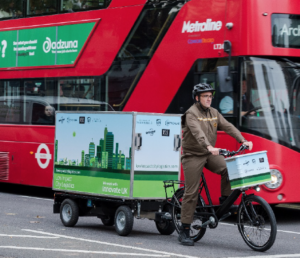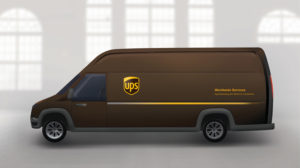Tag «e-mobility»
KiM Netherlands Institute for Transport Policy Analysis on electric vans: potential 10-25%
UPS: lessons learned on the path to sustainable urban logistics
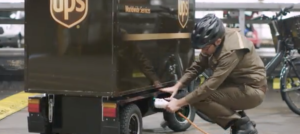
Major European cities have become a testing ground for the next phase of city delivery for UPS. UPS Chief Information and Engineering Officer Juan Perez talked about the future of the UPS network; how they are integrating technology to connect the facilities, fleet, drivers and information systems fueling a more sustainable global network.
Can electric LCV’s work for craftsmen and service enterprises?
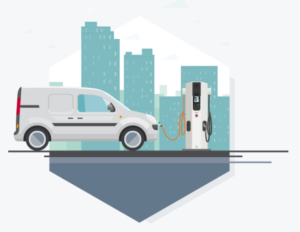
Battery Electric Light Commercial Vehicles (BE-LCVs) can reduce the environmental impacts of Craftsmen and Service (C&S) Enterprises transportation, according to a new study by Erik Figenbaum in Norway. These Enterprises produce vital services, using diesel vehicles for transportation of personnel, tools and materials to worksites, thus contributing to pollution and greenhouse gas emissions.
Research: survey on emerging environmental, strategic, and operational challenges in e-mobility
Research: Impact of electric vehicles in collaborative urban transport networks
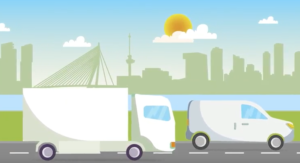
Transportation is one of the essential services in cities that contribute to the quality of life. As a result, efficient methods for transport planning have become increasingly important. Decision makers have considered collaborative strategies to reduce the overall cost of the supply process and to improve the efficiency and effectiveness of urban logistics systems.
UPS: cost of electric delivery van now at par with conventional delivery van
McKinsey: Metal mining constraints on the electric mobility horizon
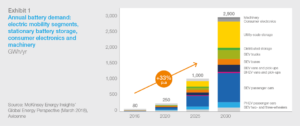
The uptake of electric vehicle (EV) technology appears to be progressing faster than expected, with industry forecasts routinely being revised upwards. This is in part the result of strong policy stimulus from the Chinese and Western governments, but is also increasingly due to favorable economics as battery costs have tumbled in recent years.
NexTrust pilot on London with fully electric refrigerated vehicles
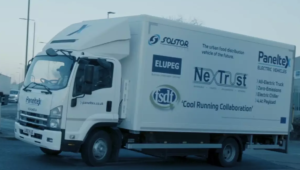
Since October 2017, NexTrust has been trialling a sustainable commercial delivery arrangement for chilled products and fresh produce in the centre of London. The pilot aims to consolidate multiple deliveries of these products onto fully electric refrigerated (1 to 5◦C) vehicles to reduce congestion and toxic emissions in London.
EV’s only contribute to CO2-reduction if electricity is renewable
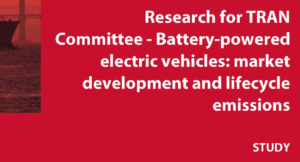
For battery electric vehicles to provide a climate change mitigation alternative to traditional fuel vehicles, they must have lower lifecycle greenhouse gas emissions. The battery electric vehicles production phase is more carbon‑intensive than that of traditional vehicles, but battery electric vehicles can compensate for the higher production emissions through lower use phase emissions. These are the results …

